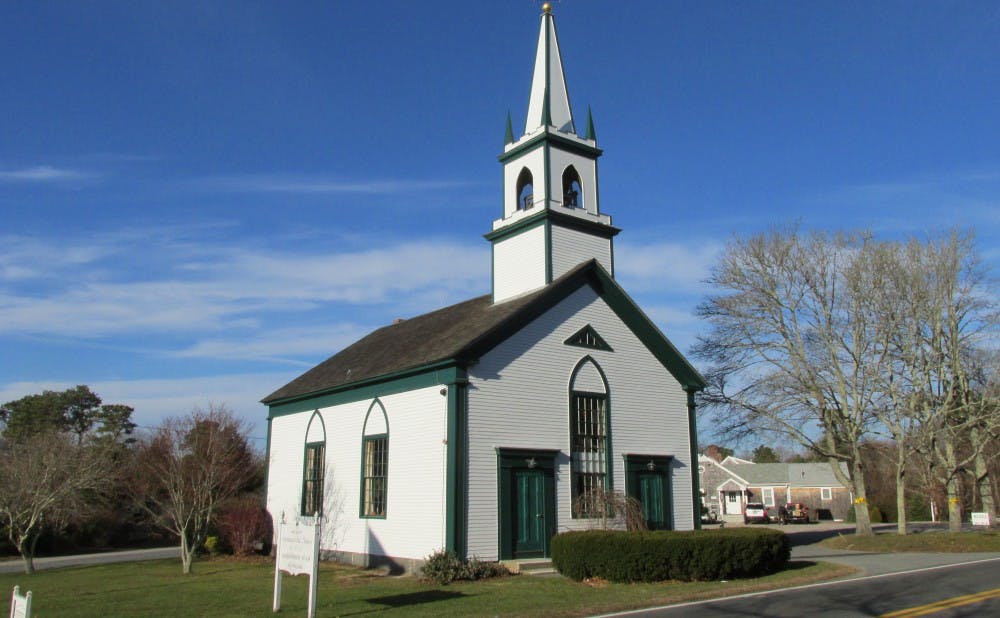Curious about whether congregations are becoming more liberal or accepting of the LGBTQ+ community? A study at Duke is trying to find out.
The University recently received a $1.5 million grant from Lilly Endowment, Inc. to examine trends in places of worship across the United States. The money will support the fourth wave of the National Congregations Study, which collects information on synagogues, mosques, churches and other places of worship.
“Congregations are a vibrant part of American life regardless of where they meet. This survey provides valuable insight into how they change in reaction to and in service of our communities,” said Valerie Ashby, dean of the Trinity College of Arts and Sciences, in a Duke Today release. “The opportunity to repeatedly survey congregations over a long period of time is especially useful for understanding trends in American religious life, and we are deeply grateful to Lilly Endowment for its sustained support.”
The NCS is directed by Mark Chaves, professor of sociology, religious studies and divinity. Chaves said that the Lilly Endowment has also supported the prior three studies—which were conducted in 1998, 2006 and 2012. More than 3,800 congregations participated in the first three waves of the study.
The survey tracks congregations’ social compositions, political activities, social service initiatives and how they relate to communities. A major focus of the study is how places of worship have changed over time, Chaves explained. For example, he said more congregations are allowing informal dress and participation by those who are not priests or deacons.
“One of the interesting things is that there seems to be a trend in American religion toward more informal worship services, particularly in American Christianity,” he said.
The study has also focused on congregation size. People are increasingly clustering into larger congregations, which Chaves referred to as the “mega church phenomenon.” Congregations have also become more accepting of members of the LGBTQ+ community, he explained.
“Overall, nationally a higher percentage of congregations allow homosexuals to be volunteer leaders than used to,” Chaves said. “This matches the increasing acceptance of gays and lesbians in society at large.”
In its fourth iteration, the survey will ask more questions about politics—such as the party affiliation of congregants and their involvement in social issues like immigration and Black Lives Matter.
Findings from the NCS have the potential to shape future policies involving worship, Chaves explained. The research is often used by politicians, journalists, scholars and religious leaders to obtain a greater understanding of the American public's relationship to religious life.
“The is really the authoritative source for tracking trends in American congregations, so it's really great to be able to do it again,” he said.
Get The Chronicle straight to your inbox
Signup for our weekly newsletter. Cancel at any time.

